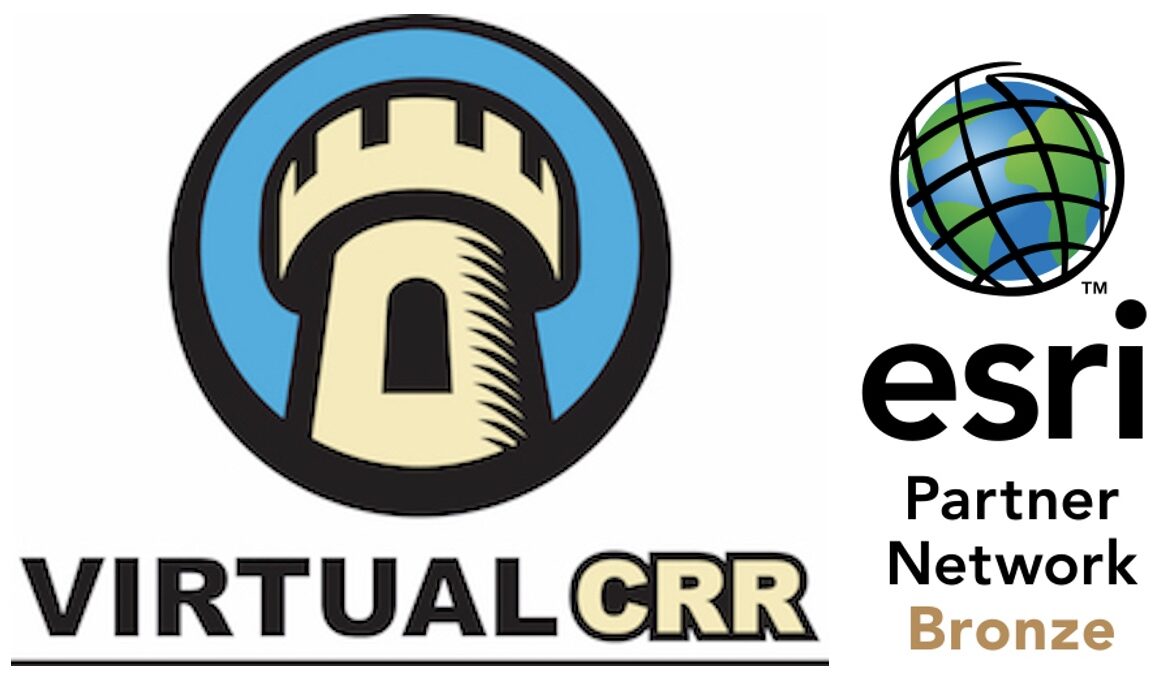Fire Safety for Seniors
Written by guest writer Max Gottlieb,
According to FEMA (Federal Emergency Management Agency), 3,400 Americans die in fires each year, and around 17,500 are seriously injured. A great amount of the fires that occur around people occur in the home, and there are proven ways to prevent and survive a fire if it occurs in your home. Fire Safety for Seniors and those who have seniors in their homes needs to be a priority.
First and foremost, check for smoke alarms in your living areas. Each bedroom in the home should have a smoke alarm. Having a smoke alarm in your home is an inexpensive way to protect lives. If you live in a home with multiple floors, be sure to buy one for every level. Every month, test your smoke alarm to ensure that it is working properly; making sure it is free of dust and replacing the battery twice a year. Beyond using smoke alarms to alert you of a fire in your home, there are many ways in which you can prevent fires from happening in the first place.
Cooking Fires
One of the main causes of fires for any age group is cooking. If you, for any reason, have to step away from the stove, be sure to turn the heat off and move hot pans to the center of the stove. Also, make sure the handle of the pan you are using is not directly above another burner. Placing the handle above a burner can cause plastic to melt and similarly, don’t wear loose clothing or leave towels near a stove’s burner. Be sure the stove is clean since built up oil and fats can cause fires as well. Lastly, don’t cook if you have been drinking or taking prescription medication that makes you drowsy.
If you use a frying pan be sure the pan is only 1/3 full of oil. It’s safer to use a deep fryer if you’re frying food, but if you’re only sautéing, then make sure the oil does not start smoking or spattering onto other burners. If the oil does begin to smoke, simply turn off the heat and let the pan cool down naturally. If a pan catches fire, don’t move the pan or lean over the fire. Turn the heat off if you can safely reach the knob and step away from the burning oil. Don’t stand too close if you use a fire extinguisher because the force of the blast can spread the fire. Also, don’t use water to quench the fire because it will only create a larger fire. If you have baking soda or salt on hand, throw those on the oil, or simply put a lid on the pan; otherwise, call the authorities, leave the house, and make sure everyone is safely outside. In order for grease fires to go out, all of the oxygen must be removed so it will take a lot of salt and a lot of baking soda. It’s safer to leave the house and call the fire department instead.
Beyond cooking fires, it is important to avoid electrical fires in your home. Never overload circuits or extension cords and do not place cords or wires under rugs. Extension cords should only be used temporarily, never as permanent wiring. Immediately unplug and remove appliances that spark or emit an unusual smell. Never leave electrical appliances plugged in when someone is not in the home, this applies to devices like irons, toaster ovens, or hair curlers. If an appliance is overheating, emitting an unusual smell, or sparking, these are warning signs that the appliance should be repaired or removed from your home.
Creating a fire escape plan is crucial for every home. If you live in a home with elderly parents, it may be important to draw out a floor plan of your home and mark two ways out of each room. This includes windows and doors. Walk through the plan with all of your family members present. Be sure to emphasize the importance of keeping these escape routes clear of clutter. It is also important to establish a meeting place off the premises of your home where your family members can regroup after they have escaped the fire.
Perhaps someone in your household has mobility limitations or is too frail to exit the home without assistance. Make sure these loved ones are assigned a “buddy”, or someone who would be able to assist them in the event of a fire or emergency. Always make sure that there is a “backup” for this person, in case the primary buddy is not home during the emergency.
Once you have left your home during a fire, it is critical that you do not go back inside. In other words, once you are out, stay out! No one should go inside to retrieve personal items. If someone is missing from your group, inform dispatch when you call the fire department. Please plan for your emergency and take steps to protect all those that live with you including the elderly.Fire Safety for Seniors can and must be achieved.
Max Gottlieb is the content manager of Senior Planning in Phoenix, Arizona. Senior Planning is a completely free service, providing assistance to seniors and the disabled who need help finding and arranging care services, applying for state and federal benefits, and helping veterans.



